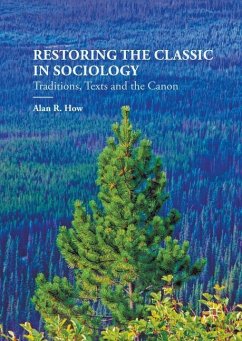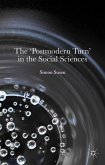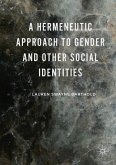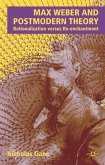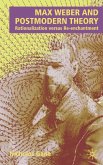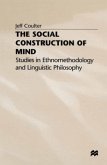This book demonstrates that classical sociology is essential to cutting-edge debates in the contemporary social sciences. It has become fashionable to play down the importance of the classic text in sociology and critique the ideas of Weber, Marx and Durkheim as ideologically outdated. The author mounts a strong challenge to this view, criticising such notions as de-traditionalization, structuration and postmodernism, emphasizing instead the relevance of habit, re-traditionalization, and social integration across time. Arguing that sociology has eliminated the importance of the past, history, and tradition in favour of the transience of the present, he revisits the Habermas-Gadamer debate to argue that tradition is the ground of the classic, and the classic something that must prove itself anew in subsequent situations. He uses the work of Durkheim, Simmel and Weber to illustrate this process. Making a distinction between 'classic' and 'canon' which parallels that between 'agency' and'structure', he allows the reader to appreciate the separate value of both. This major contribution to the field is essential reading for scholars and students of sociology and social theory.
Bitte wählen Sie Ihr Anliegen aus.
Rechnungen
Retourenschein anfordern
Bestellstatus
Storno

